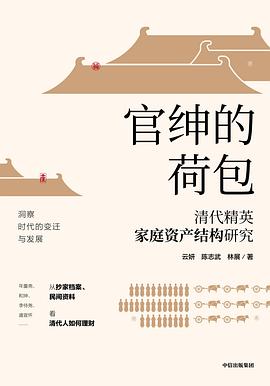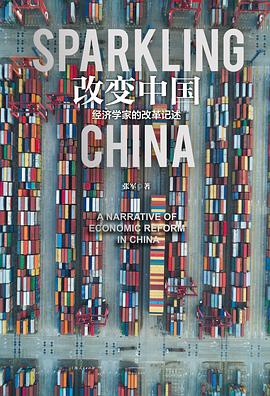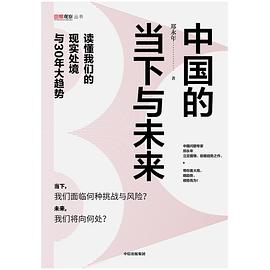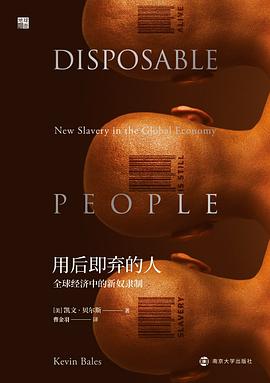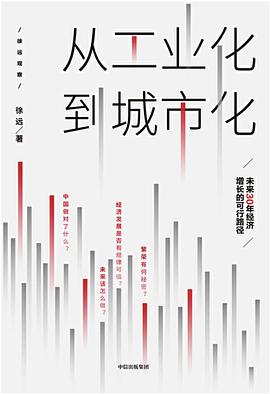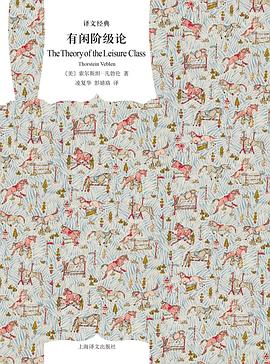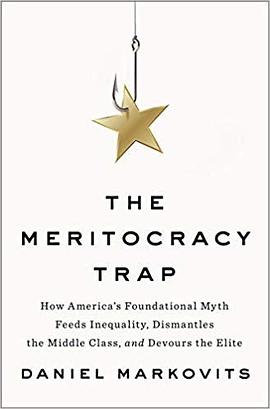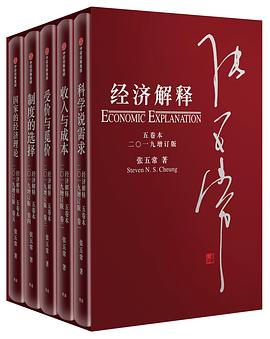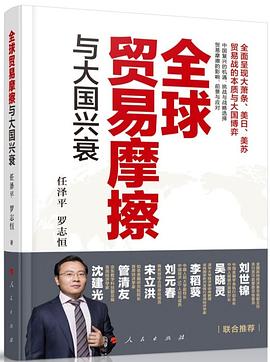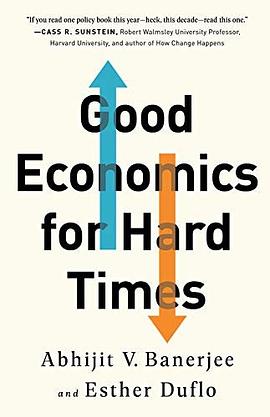

具體描述
Abhijit Banerjee is the Ford Foundation International Professor of Economics at the Massachusetts Institute of Technology, and a co-founder and co-director of the Abdul Latif Jameel Poverty Action Lab (J-PAL). In 2011, he was named one of Foreign Policy magazine's top 100 global thinkers. Banerjee served on the U.N. Secretary-General's High-level Panel of Eminent Persons on the Post-2015 Development Agenda. He lives in Cambridge, Massachusetts.
Esther Duflo is the Abdul Latif Jameel Professor of Poverty Alleviation and Development Economics in the Department of Economics at the Massachusetts Institute of Technology and a co-founder and co-director of the Abdul Latif Jameel Poverty Action Lab (J-PAL). Duflo is a member of the American Academy of Arts and Science, and has received numerous academic honors and prizes including the Princess of Asturias Award for Social Sciences (2015), the Infosys Prize (2014), the Dan David Prize (2013), a John Bates Clark Medal (2010), and a MacArthur "Genius Grant" Fellowship (2009). Duflo is a member of the President's Global Development Council and a Founding Editor of the American Economic Journal: Applied Economics, and is currently the editor of the American Economic Review. She lives in Cambridge, Massachusetts.
Two prize-winning economists show how economics, when done right, can help us solve the thorniest social and political problems of our day.
Figuring out how to deal with today's critical economic problems is perhaps the great challenge of our time. Much greater than space travel or perhaps even the next revolutionary medical breakthrough, what is at stake is the whole idea of the good life as we have known it.
Immigration and inequality, globalization and technological disruption, slowing growth and accelerating climate change--these are sources of great anxiety across the world, from New Delhi and Dakar to Paris and Washington, DC. The resources to address these challenges are there--what we lack are ideas that will help us jump the wall of disagreement and distrust that divides us. If we succeed, history will remember our era with gratitude; if we fail, the potential losses are incalculable.
In this revolutionary book, renowned MIT economists Abhijit V. Banerjee and Esther Duflo take on this challenge, building on cutting-edge research in economics explained with lucidity and grace. Original, provocative, and urgent, Good Economics for Hard Times makes a persuasive case for an intelligent interventionism and a society built on compassion and respect. It is an extraordinary achievement, one that shines a light to help us appreciate and understand our precariously balanced world.
用戶評價
##我雖然本科讀的是經濟學,但是畢業後就轉行,目前穩定在科技行業寫代碼。身邊很多同事也對經濟學知識感興趣,但由於沒有係統性學習,而且知識來源大多是追求點擊量和情感共鳴式的短文短視頻,導緻他們學到的入門經濟學理念往往是有點原教旨主義的信條。總結一下就是這三點:私...
評分##For me, there is 20% familiar content, 40% 有一點眼熟 content, 20% brand new content and 20% 走神瞭沒吸收content, pretty decent structure for this type of book-reading.
評分 評分 評分##每章一個議題。移民和國際貿易非常非常棒,後麵就開始水。GDP那一章,講瞭幾十頁最後落在,誒不得而知呢。OK fine
評分 評分##如何評價一種理論?有的人訴諸於權威,認為權威人士思想深邃、見識廣博,他們的判斷力是靠得住的;有的人訴諸於其他理論,認為一種理論如果得到另一種可靠理論的支持甚至是支撐的話,那麼這種理論也是可靠的;有的人訴諸於邏輯,認為應當依靠理論自身是否符閤邏輯來判斷其理論...
評分相關圖書
本站所有內容均為互聯網搜尋引擎提供的公開搜索信息,本站不存儲任何數據與內容,任何內容與數據均與本站無關,如有需要請聯繫相關搜索引擎包括但不限於百度,google,bing,sogou 等
© 2025 book.qciss.net All Rights Reserved. 圖書大百科 版權所有


